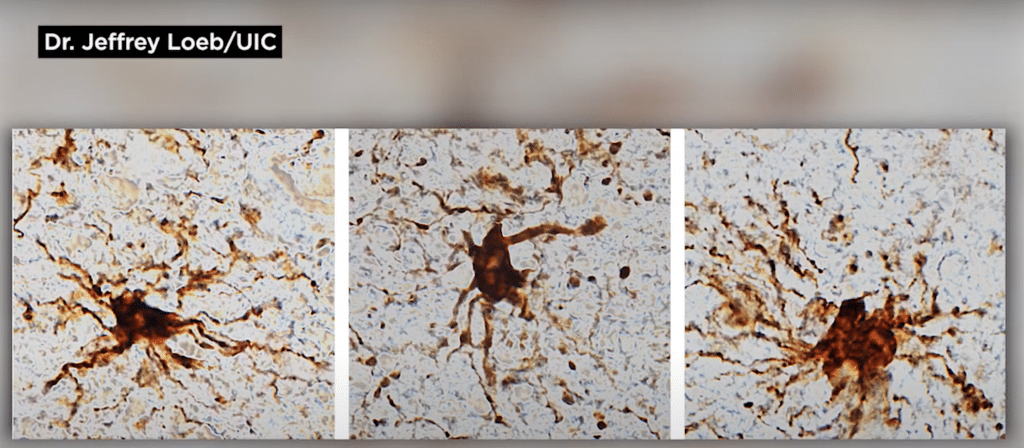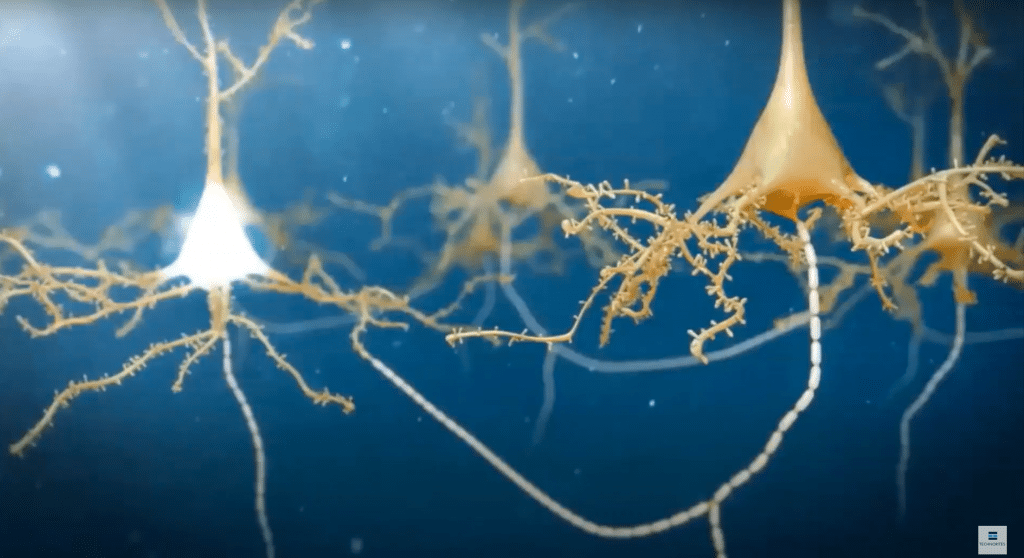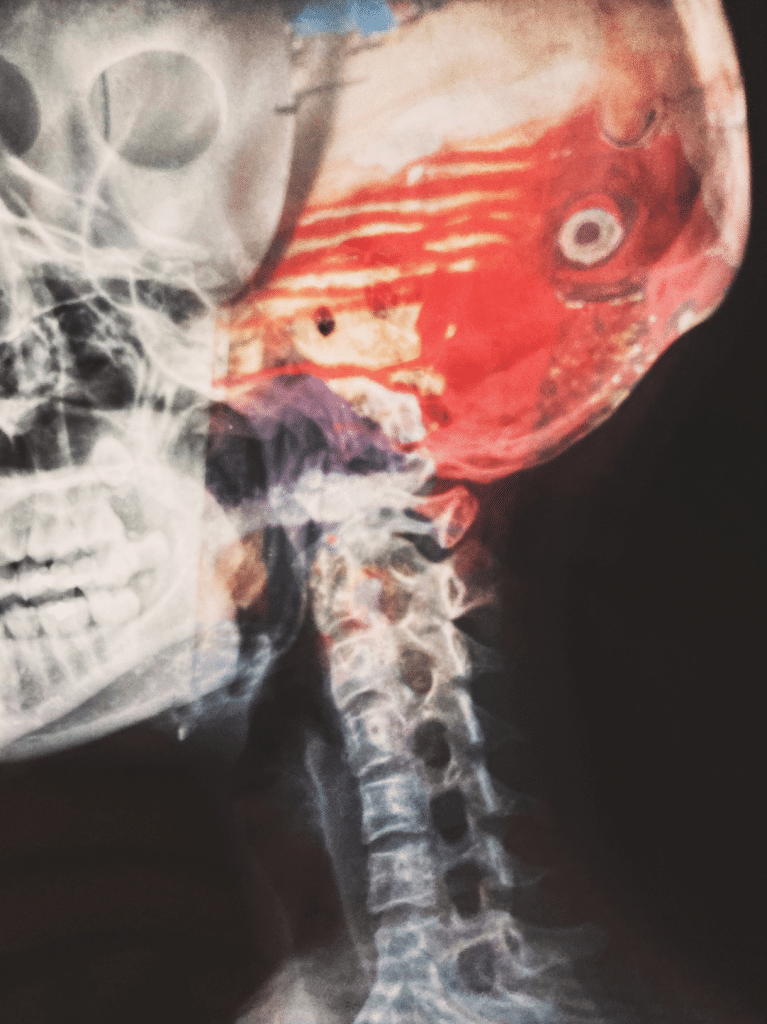‘Zombie brain cells’ have recently been discovered by researchers at the University of Illinois, Chicago, following an analysis of gene expression in a 24 hour post-mortem period that saw enlargement of a certain cell type, prompting the new title of ‘zombie cells.’
UIC’s recent study in the science journal, Nature, discusses their experiment which investigated gene expression analysis on fresh brain tissue. The researchers used collected tissue that had been stored from patients with neurological disorders, who had previously consented to their tissue being used for scientific development. This tissue has usually been extracted from various patients to help treat epilepsy or alternative brain conditions; it can then be used for pathological diagnosis and further research.

The tissue was analysed at various points across a 24 hours period in order to simulate the post-mortem period and death to monitor any influxes or changes to the cells. The term ‘zombie brain cell’ was created from certain cells that experienced a growth in gene expression of ‘gargantuan proportions’.
The cells that most notably increased in size were the ‘glial cells’. Unlike nerve cells, they do not conduct synaptic interactions or electrical signalling but instead, according to MedicineNet, they ‘surround neutrons and provide support and insulation…[the glial cells] are the most abundant cell types in the central nervous system’.

During the 24 hour period, researchers found the glial cells sprouted ‘long arm-like appendages for many hours after death,’ challenging what is generally believed to occur after death: an immediate bodily shutdown. Whilst the neuronal genes reduced their activity, the glial cells or ‘zombie genes’ appeared to increase their activity, with all post-mortem changes peaking at around 12 hours.
Head of Neurology and Rehabilitation at UIC’s College of Medicine, Dr. Jeffrey Loeb, claimed in a press release that the growth of the ‘inflammatory’ glial cells wasn’t ‘too surprising’ as they are responsible for the ‘clean up…after brain injuries like oxygen deprivation or strokes’. However, as an author on the research paper for the ‘zombie cells’, he inferred that the recent findings were significant.
Moving forward in scientific research, Loeb stated that ‘researchers need to take into account these genetic and cellular changes, and reduce the post-mortem interval as much as possible to reduce the magnitude of these changes.’

Loeb also added, ‘the good news from our findings is that we now know which genes and cell types are stable, which degrade, and which increase over time so that results from postmortem brain studies can be better understood.’
So why we might not be seeing any zombies in the near future, scientists are clearly not ruling out the possibility and in the meantime, we are helping scientific developments.
For more science news and updates, check out this article which also discusses current challenges to the brain, in the form of video games.














